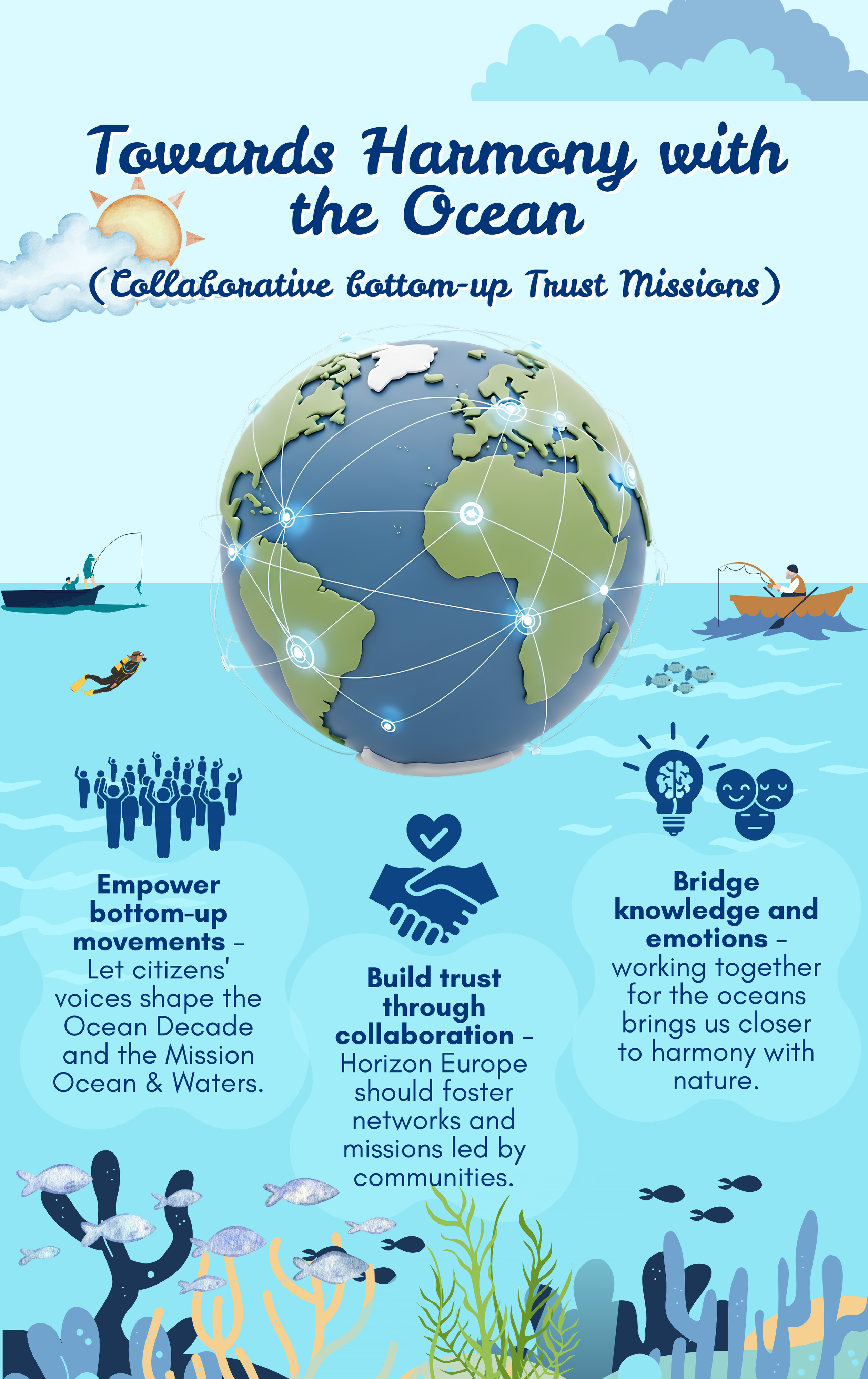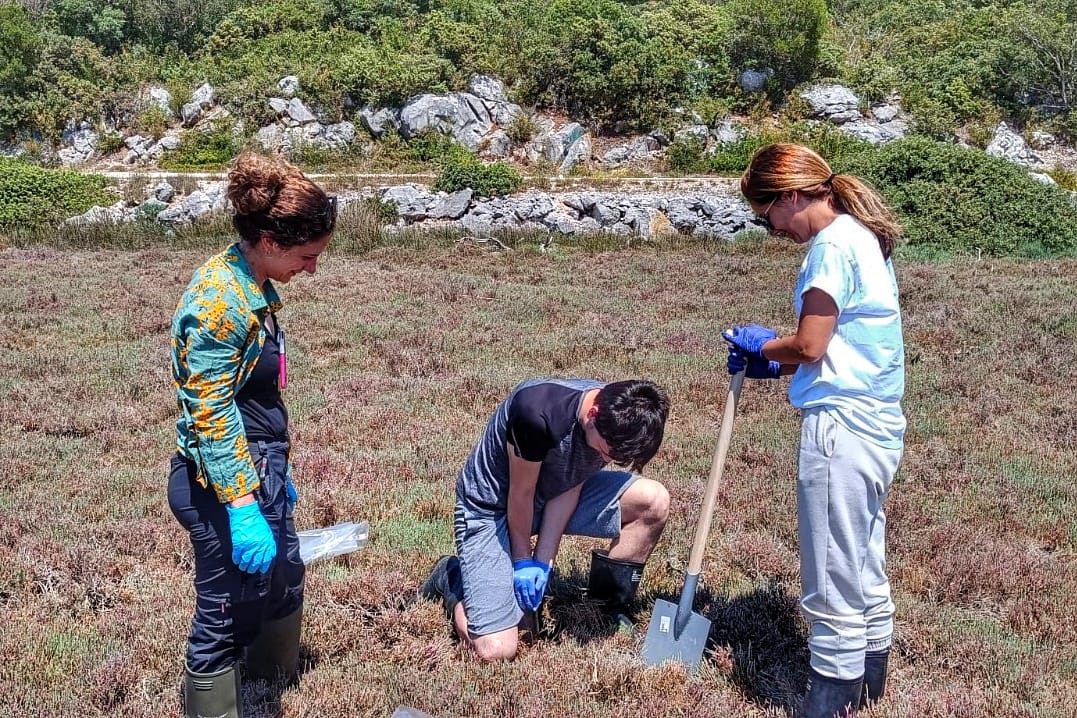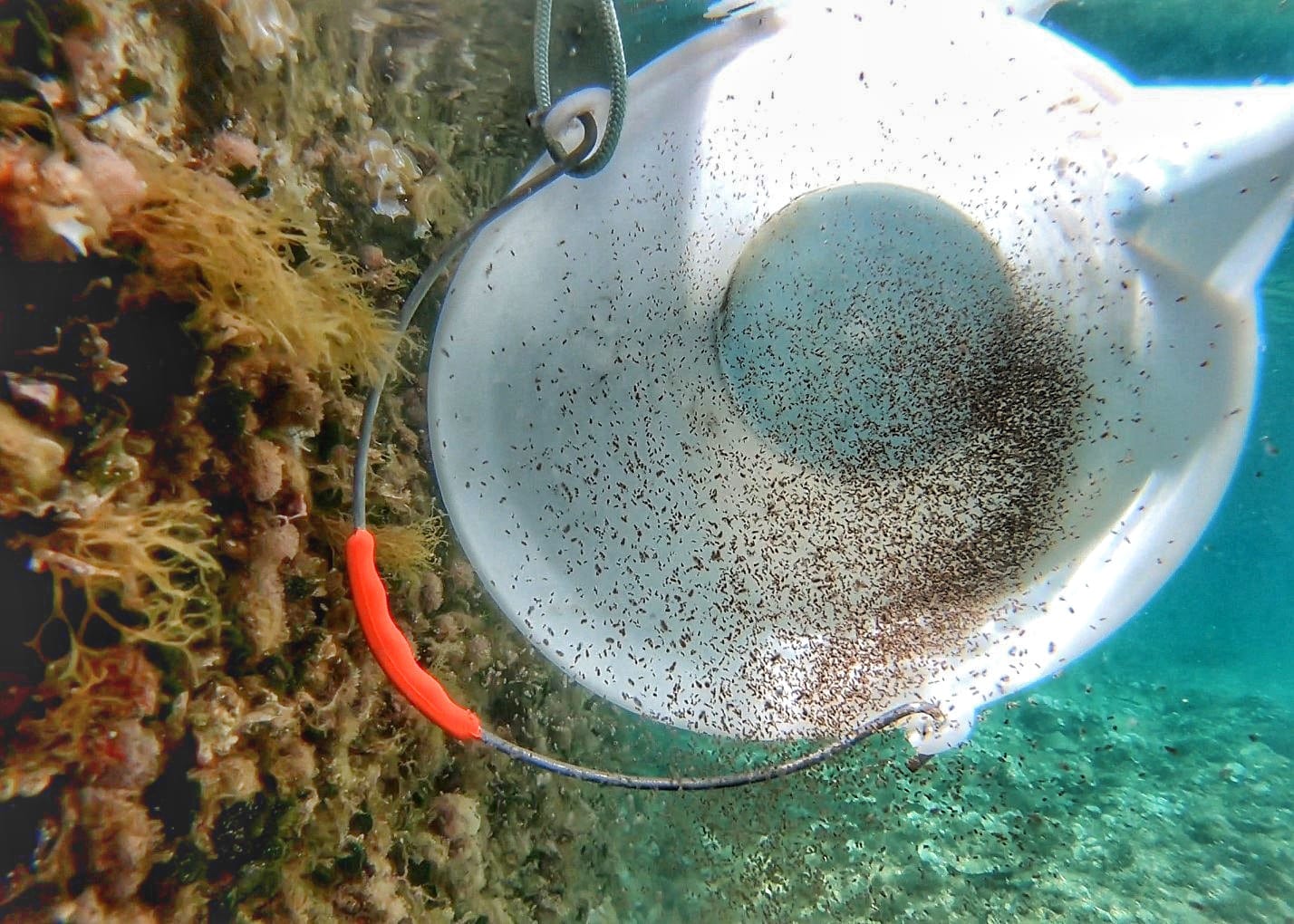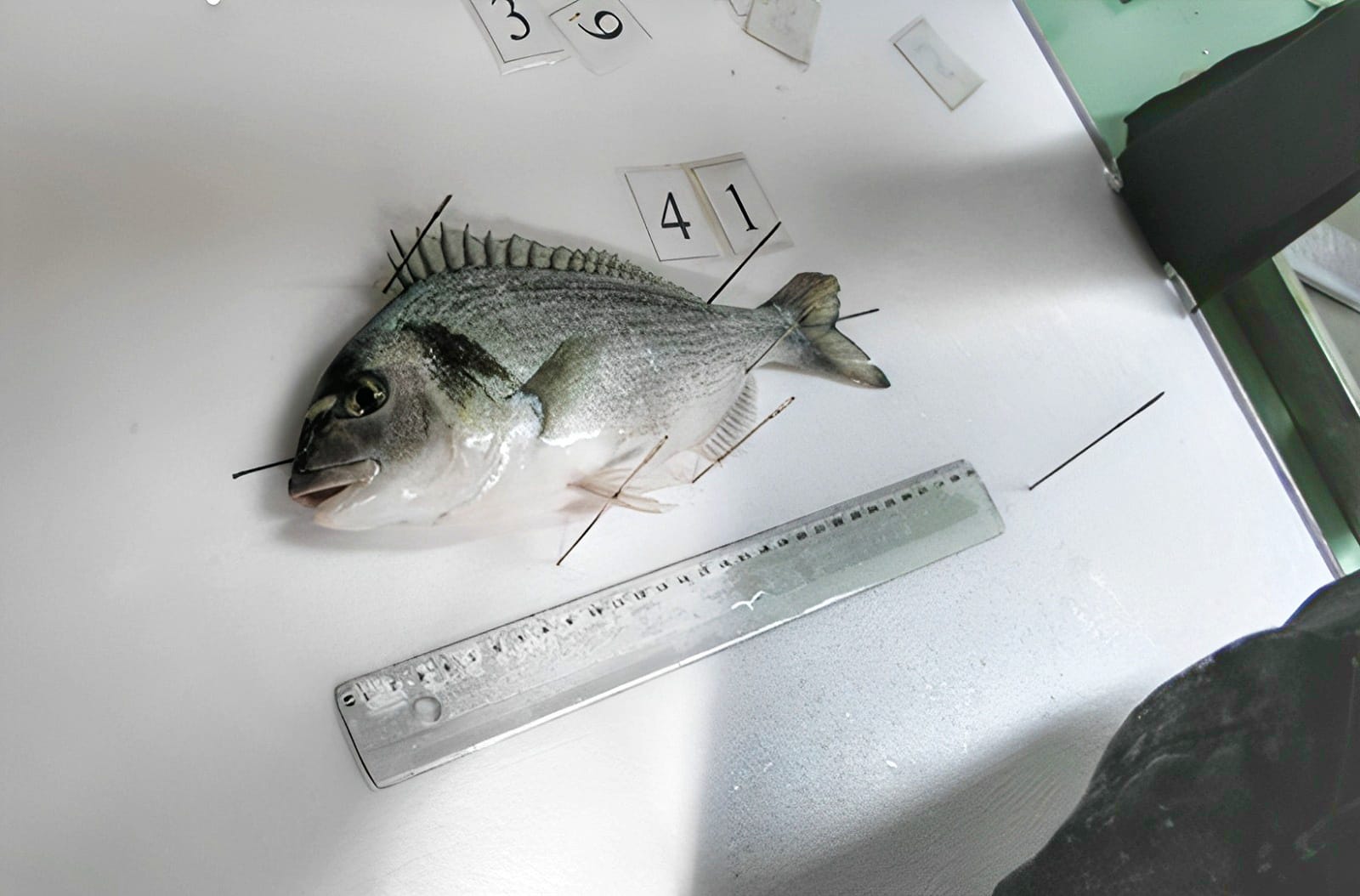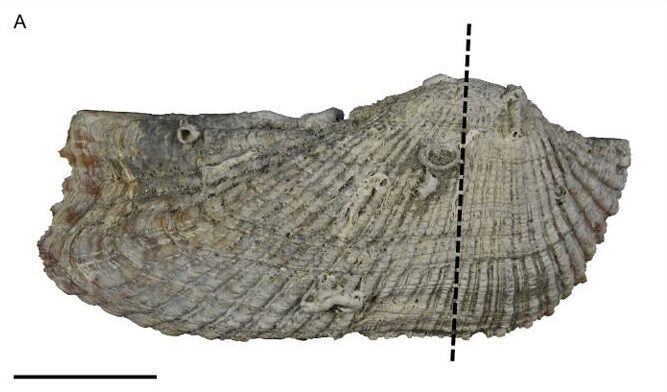An international scientific team led by the Institute of Marine Sciences (ICM-CSIC) warns that large-scale ocean protection initiatives will fall short unless they prioritise the inclusion of civil society organisations and organised citizens. The article, “Collaborative bottom-up Trust Missions: a perspective on long-term strategies with and for people and Nature”, has been published in Nature Portfolio and brings together around twenty authors from fourteen European institutions under the EuroMarine network.
Why the approach must change
The study sits within two major global and European frameworks: the UN Decade of Ocean Science for Sustainable Development (2021–2030) and the EU Mission “Restore our Ocean and Waters”. Although these initiatives have launched important projects, they have largely relied on technological and top-down approaches that favour only larger institutions with the capacity to compete for major funding.
Lead author Josep Lluís Pelegrí stresses that technology alone cannot drive the cultural and social transformation needed to address the ocean and climate crises. He points to a need for bottom-up strategies that support small and medium-sized NGOs that have long worked on the frontline with limited resources.
Civil society as a cornerstone of marine protection
The study highlights the essential role that local associations, citizen groups and non-profit organisations already play in environmental education, awareness-raising and marine protection. Yet many lack the administrative resources needed to access large European funding programmes.
Patricia Pinto (University of the Algarve) notes that the Ocean Decade has not yet mobilised resources for these organisations, representing a missed opportunity to engage the wider public.
Introducing Trust Missions
To address this gap, the authors propose that the EU’s Horizon Europe programme includes dedicated Trust Missions. These missions would provide long-term financial and logistical support to small and medium-sized civil society organisations, enabling them to expand citizen engagement and environmental education activities.
Natalia Bojanić, from the Institute of Oceanography and Fisheries in Split (IOR), notes that this approach could translate European policies into real benefits for coastal communities while strengthening marine biodiversity conservation. David Whyte (University College Cork) adds that structural changes are needed to ensure EU funding reaches citizens already working to promote a more sustainable relationship with the ocean.
A collaborative European effort
The article results from the work of the TransOcean group within the EuroMarine network, Europe’s leading platform for connecting marine research institutions. Led by ICM-CSIC, the collaboration brought together authors from fourteen institutions across several countries. The writing process was designed to reflect diverse experiences and viewpoints from across Europe, underscoring that while environmental challenges are global, the most effective solutions often emerge locally.
Looking forward
The approach outlined in the study aligns closely with the long-standing work of the Institute of Oceanography and Fisheries (IOR). Through interdisciplinary projects, IOR connects science, education and community engagement, with a strong focus on ocean literacy, local cooperation and approaches that bridge natural and social sciences.
IOR aims to ensure that scientific knowledge is not confined to academic circles but becomes a practical benefit to society. The Institute will continue to participate in international initiatives while developing its own programmes that combine scientific excellence with a strong sense of social responsibility, reinforcing its role as a leading regional institution in marine research and conservation.
